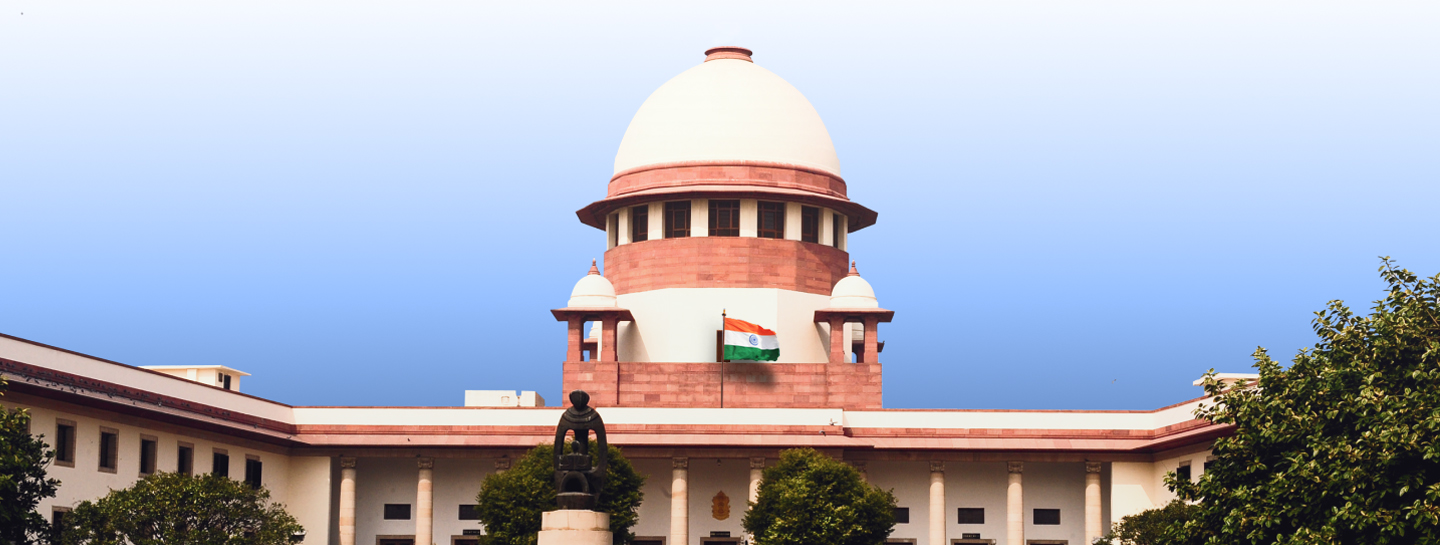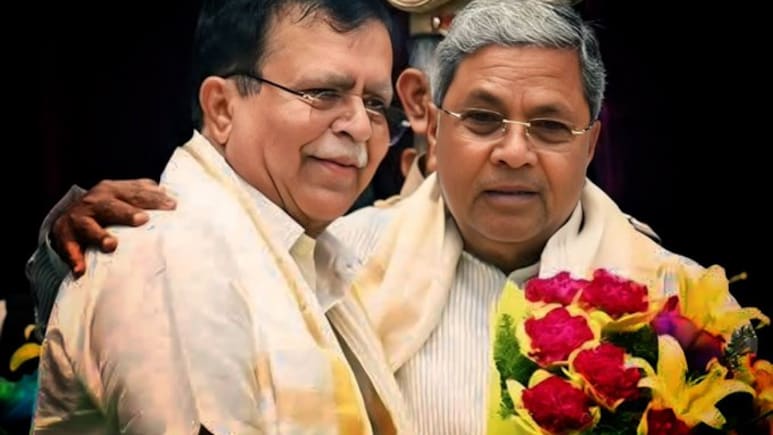Drawing on Davinder Singh Ruling, Petition Advocates Sub-Classification to Ensure Equitable Distribution of Benefits
A Public Interest Litigation (PIL) filed in the Supreme Court has opened fresh debate on India’s affirmative action framework. The petition seeks to treat individuals from economically weaker sections within the Scheduled Castes (SC), Scheduled Tribes (ST), and Other Backward Classes (OBC) as a distinct “sub-class” inside their respective reservation categories.
The plea argues that this means-cum-merit approach would ensure that the most disadvantaged—those yet to benefit from quotas—receive priority in government jobs and higher education seats. Without altering the total percentage of reservation, the system would direct opportunities toward families and individuals who remain economically vulnerable.
Rooted in a Landmark Judgment
The petition draws its legal strength from the Supreme Court’s State of Punjab v. Davinder Singh judgment, delivered by a seven-judge Constitution Bench in 2024. In that 6:1 verdict, the Court ruled that sub-classification within reserved categories is constitutionally permissible, allowing separate quotas for “more backward” groups based on data-driven assessments.
This decision marked a clear shift from the earlier E.V. Chinnaiah ruling (2004), which held that SCs formed a single, indivisible class. By overruling that precedent, the apex court recognized that social justice demands acknowledging disparities even within protected groups, making targeted measures possible for those left behind.
What the Petition Seeks
Filed as Ramashankar Prajapati & Anr. vs. Union of India & Ors. (W.P.(C) No. 682/2025), the PIL does not oppose caste-based reservation itself. Instead, it challenges the current distribution of its benefits, where relatively well-off families within reserved categories often continue to access opportunities repeatedly.
The petitioners propose that states adopt an economic filter within caste quotas, identifying and prioritizing those who have not yet been able to use reservation benefits to climb the socio-economic ladder.
Justice Surya Kant, during initial hearing, noted that the petition was not about scrapping caste-based quotas, but about ensuring that upliftment policies truly reach the poorest and most disadvantaged sections of each community.
Potential Impact on Reservation Policy
If implemented, this means-cum-merit based reservation system could significantly reshape how affirmative action works in India. For government recruitment, competitive exams, and admissions in higher education, candidates from the same caste category could be ranked higher if they fall within the economically weaker sub-class.
Supporters say such a move would make reservation benefits more equitable, fulfilling the spirit of Article 14’s equality mandate. Critics, however, warn of challenges in defining economic thresholds, preventing misuse, and aligning criteria across states.
Looking Ahead
The Supreme Court has issued notice in the matter, and further hearings will determine whether this sub-classification within reserved categories becomes a judicially endorsed model. If approved, it could pave the way for reservation reforms for equitable benefit distribution—one that blends social identity with economic need.
As the case unfolds, it will shape not just the future of reservation policy, but also the wider debate on economic criteria within caste-based quotas in India.





